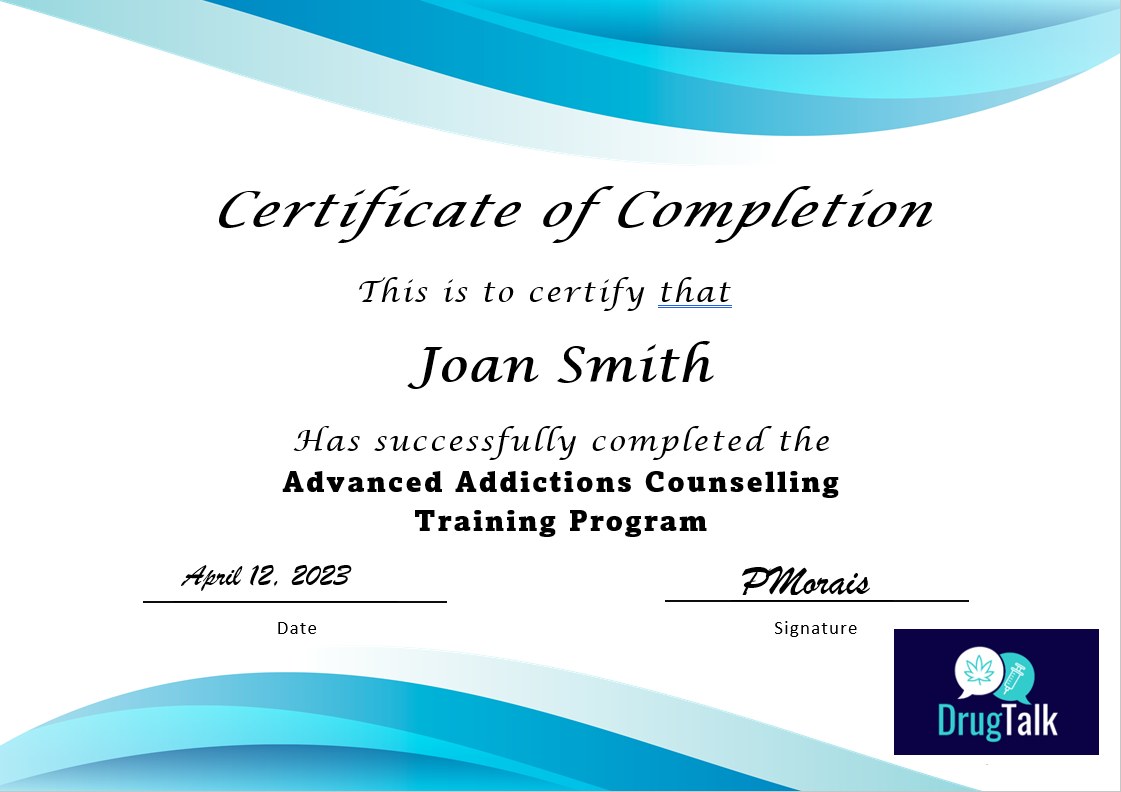COURSE SYNOPSIS
Most people who enter into recovery believe that the process will be a "quick fix." They often believe, for example, that quitting using or attending a treatment program will cure them of their problem. While it is true that quitting is essential. and attending an addiction treatment program can really help a person recover from addiction, these are really just the first steps on a very long journey.
True recovery from addiction is much more akin to a marathon rather than a sprint. However. because most people fail to appreciate just how long this journey is, they often fall short of the mark and relapse back into addiction. Proof of this can be found in statistics for 12 steps groups. In Narcotics Anonymous, the people with the highest rate of relapse are people in the first six months. However, the second-highest relapse rate is among people who have three to five years of clean time. This statistic is surprising because most people would expect, for example, that people with less than two years of sobriety would have the second-highest relapse rate. This tells us that that even people with five years of sobriety are at high risk of relapse, proving that recovery from addiction is indeed a long process.
Therefore, it is imperative that people who are in recovery have a robust recovery plan that will support their on-going growth and healing for many years. To do that, they need many tools to maximize the chances of their success. This course will outline what those tools are.
In this course, students will also be given a template they can use with their clients that will allow them to outline all the elements of a comprehensive support recovery program.
Each Course Includes
Downloadable Pdf's

video tutorials

Online videos are included with every course. Some courses include more than one video.
quizzes

Quizzes designed to test your understanding
2
Learning Objectives For This Course
At the end of this course, participants will:
- Explain the failings of the current addiction system of care;
- Appreciate the difference between abstinence and harm reduction as it pertains to recovery;
- Explain what true recovery from addiction is;
- Elaborate on the importance of proper preparation and information when attempting recovery from addiction;
- List and explain the components that need to be included in a comprehensive Support Recovery Plan;
- Fully appreciate the importance of proper motivation in regards to the amount of work needed to fully recover from addiction and how that process takes;
- Explain the value and importance of support groups, counselling and the establishment of a lifestyle that supports addiction recovery;
- Use the Support Program Plan Template included with this course.

Additional Details...
Schedule
The course is pre-recorded and delivered online allowing you to start and finish according to your own schedule.
Flexible Program
Take only one course or register for a complete program. We have a full curriculum of great courses to choose from. Pick one or take them all! The choice is yours.
Great Resources
All courses include a video which can be purchased as a resource for your clinic or practice. Check out our great selection of powerful videos to bulk up your library of resources.
Sample of course material
Building a Strong Recovery
One of the great wrongs in the current addiction system of care is the lack of proper education and preparation for people who attempt recovery from addiction. Most people enter into recovery without a clear understanding of how addiction has affected them and what they will need to do to recover from it. They also have unrealistic expectations and beliefs about what recovery from addiction is and how long it takes to overcome one. Most people who enter recovery believe that the main task they need to accomplish is to quit using mood-altering substances or quit the process they are addicted to. If they enter into an addiction treatment program, they believe that going through the program will cure them and when the program is over in a few weeks time, they will have done the bulk of the work needed to beat their addiction. Unfortunately this is completely wrong and the current system of care has done very little to correct these erroneous assumptions and beliefs.
Because of this the success rate of people entering into addiction treatment programs is abysmal. Over 80% of people who enter into residential addiction treatment programs will relapse within 3 months of returning home. The success rate when providing addiction counselling on an outpatient basis is even worse. The vast majority of people who seek treatment through weekly counselling sessions come to an average of less than 5 sessions so very few of them who attempt recovery this way ever succeed. Adding to the problem is that fewer than 5% of people with addiction issues will ever seek help for it, so once again the system of care has done a very poor job of educating people that A) addiction is a very serious health issue and B) It’s ok to seek help for it if you do.
Of course plenty of people recover from addiction and the majority of those have done so without seeking professional help. So humans are capable of overcoming addiction when they are determined to do so. However, despite the number of people who manage to break free of addiction, a much larger number of people are stuck in it without a good understanding of what they need to do and feeling uncomfortable about seeking help for it.
Take this course individually or as part of our
Advanced Addiction Training Program


